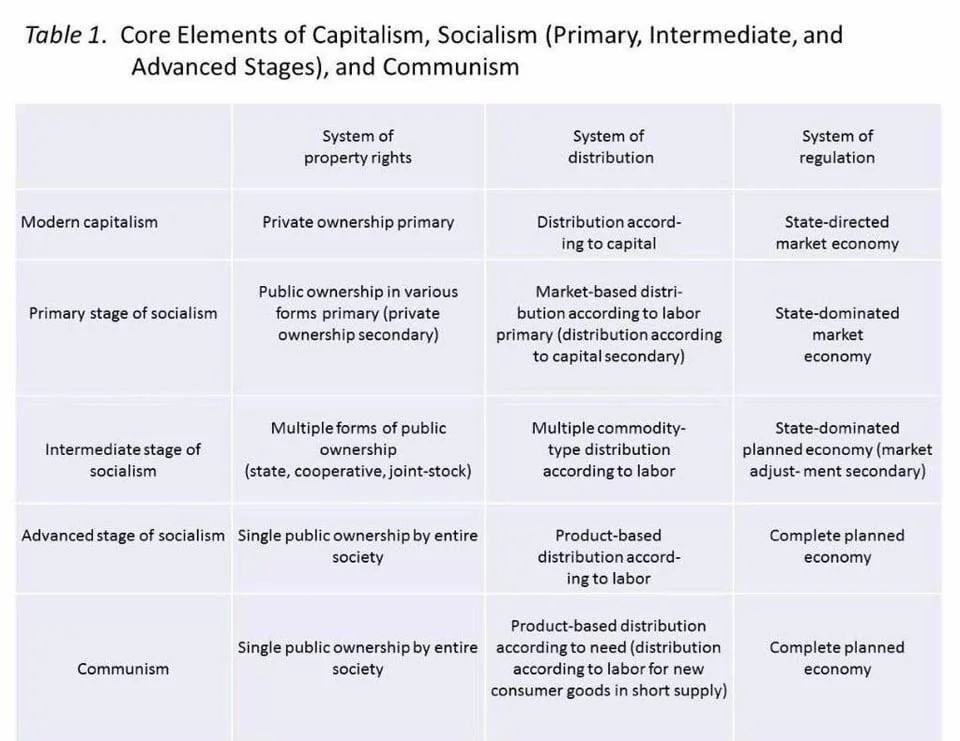On this site I have been reflecting deeply on the way we live – not merely as individuals but as communities and as a species. It is difficult not to feel overwhelmed by the numerous challenges we face: #ClimateChange, #Inequality, and #Loneliness, the last 20 years of #techshit to name a few. Yet, a simple but profound idea continues to resurface: What if we chose to live differently? What if we focused on building paths, like the #OMN projects, that works harmoniously for people and the planet, rather than the normal path of attempting to repair what is hopelessly broken?
This is not a new, humanity has long dreamed of utopias and alternative ways of living. Numerous communities have attempted to bring these visions to life, and admittedly, many have failed or faded away. However, these past efforts have left us with invaluable lessons, which is why, with the current #openweb reboot, I believe this time can (or might) be different.
The key lies in the technological and social path we collectively take. We are not striving for perfection because perfection is unattainable. Instead, we aim to create something real and adaptable. This is not about rejecting modernity or pretending the world’s issues will vanish if everyone adopts ethical consumption or #DIY self-sufficiency. It is about establishing spaces where people can collaboratively create, grow and adapt, striking a balance between #Innovation and #Simplicity, as well as between #IndividualFreedom and #CommunityCare.
This path is not my own, it is shaped by countless conversations with people from diverse backgrounds: #Developers, #Activists, #Educators, both online and offline, it has a deep history. What stands out is the shared sentiment that our current way of life no longer makes sense. There is a collective yearning for something better, not to escape the world, but to build a way of living that reconnects us with each other, with nature, and with ourselves.
The path we can take, what makes this feel achievable, is that it does not require starting from scratch. It involves building on existing foundations, acknowledging both successes and failure, and asking critical questions: “What has worked in the past, what is currently working? What is not? How can we approach this differently?” This willingness to experiment, learn, and grow together is what sets this path apart from the normal #deathcult worshipping mess.
Yes, this might sound idealistic, and in some ways, it is, however, bold ideas are often the catalyst for meaningful change. If this resonates with you, I encourage you to share your thoughts. What changes would you like to see in how we live? What would it take for you to feel like you are contributing to something greater than yourself? These questions hold potential, not necessarily in the answers, but in the act of asking them. If you feel inspired to engage with this path, feel free to add to this thread. #openweb #4opens #collectivechange.

